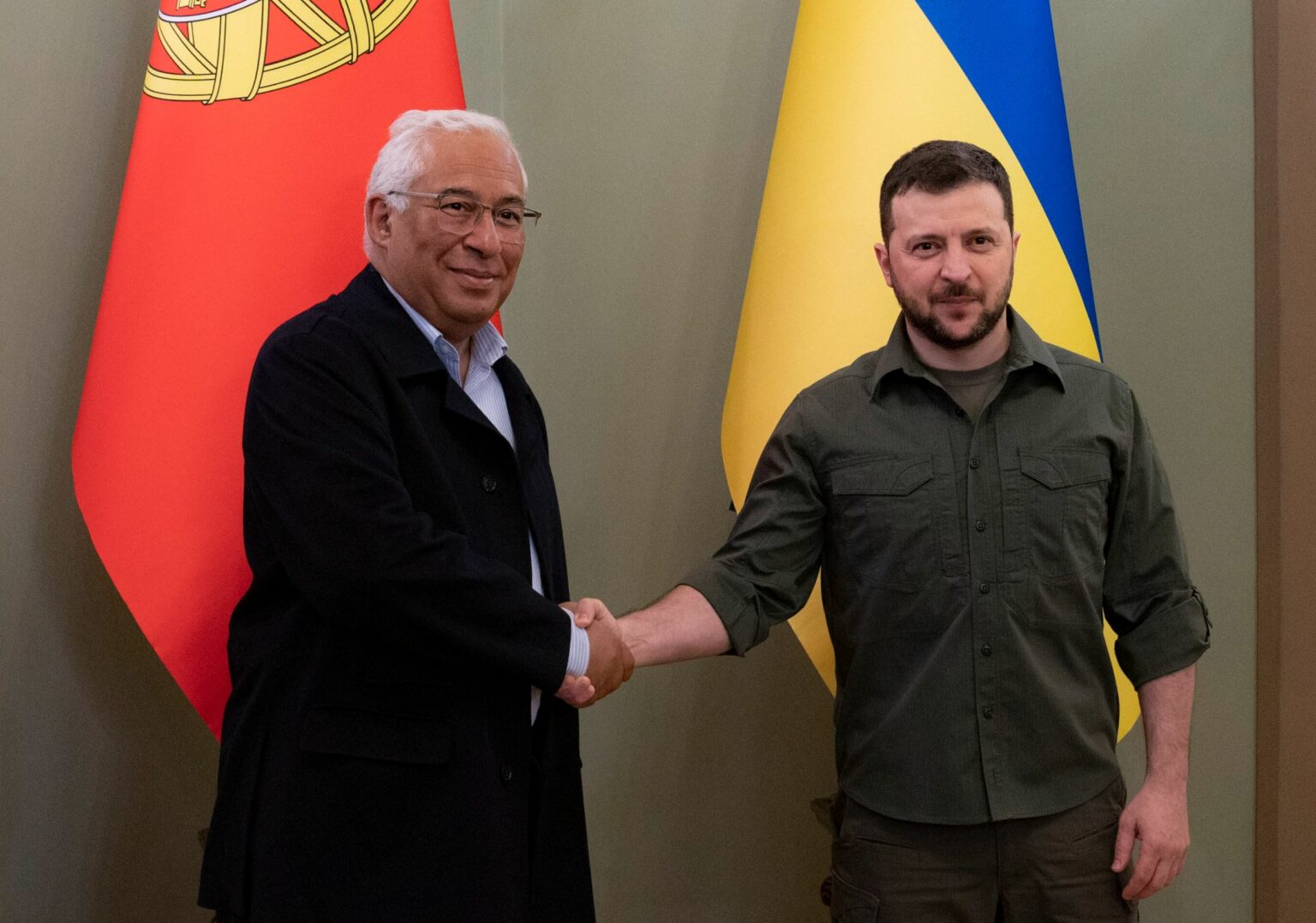Prime Minister António Costa’s resignation has sent shockwaves through Portugal, triggered by a series of searches at key government offices and companies.
The investigations focus on alleged corruption, malfeasance, and influence peddling, surrounding major projects, including lithium exploration, green hydrogen production, and a data center. As we delve into this complex situation, we’ll explore the values at stake, the details of the projects, the key players, and the implications for Portugal’s political landscape.
The Morning of Dramatic Searches
The morning that led to the Prime Minister’s resignation was marked by over 40 searches, with targets including São Bento Palace, the Prime Minister’s official residence, various ministries, and several companies.
Projects Under Investigation
The investigations have set their sights on four businesses: two lithium exploration projects, a green hydrogen production consortium, and a data center. The values involved in these ventures are substantial, underlining the high stakes of the probe.
Lithium Exploration Controversy: Questions surround the evaluations of the Romano and Barroso lithium exploration projects. The approval of these contracts raised eyebrows, especially the Romano mine, where a 50-year concession was granted just three days after the company’s incorporation. The Barroso project, taking place within a UN World Heritage Site, faces strong public opposition.
Green Hydrogen’s Specter: The H2Sines consortium, formed during the pandemic, was intended to produce green hydrogen but dissolved quickly. The investigations center on suspicions of favoritism, influence peddling, and corruption involving high-profile figures.
Massive Data Center Project: The Start Campus’s data center project in Sines, touted as a significant foreign investment, promised to bridge digital needs with Portugal’s energy transition goals.
The Defendants
Seven individuals are already named as defendants, with five in detention, including the head of the Prime Minister’s office, Vítor Escária, and Diogo Lacerda Machado, a close friend of António Costa. The others are Start Campus administrators, Afonso Salema and Rui Oliveira Neves, and Sines’ mayor, Nuno Mascarenhas. Two significant figures, João Galamba, the current Minister of Infrastructure, and Nuno Lacasta, Chairman of the Board of Directors of the Portuguese Environment Agency, are also listed as defendants.
The Impact on Portugal
The fallout from these allegations is immense, with significant implications for Portugal’s political and economic landscape. As the investigations unfold, the country faces a reckoning over the allegations of corruption and influence peddling at the highest levels of government.
